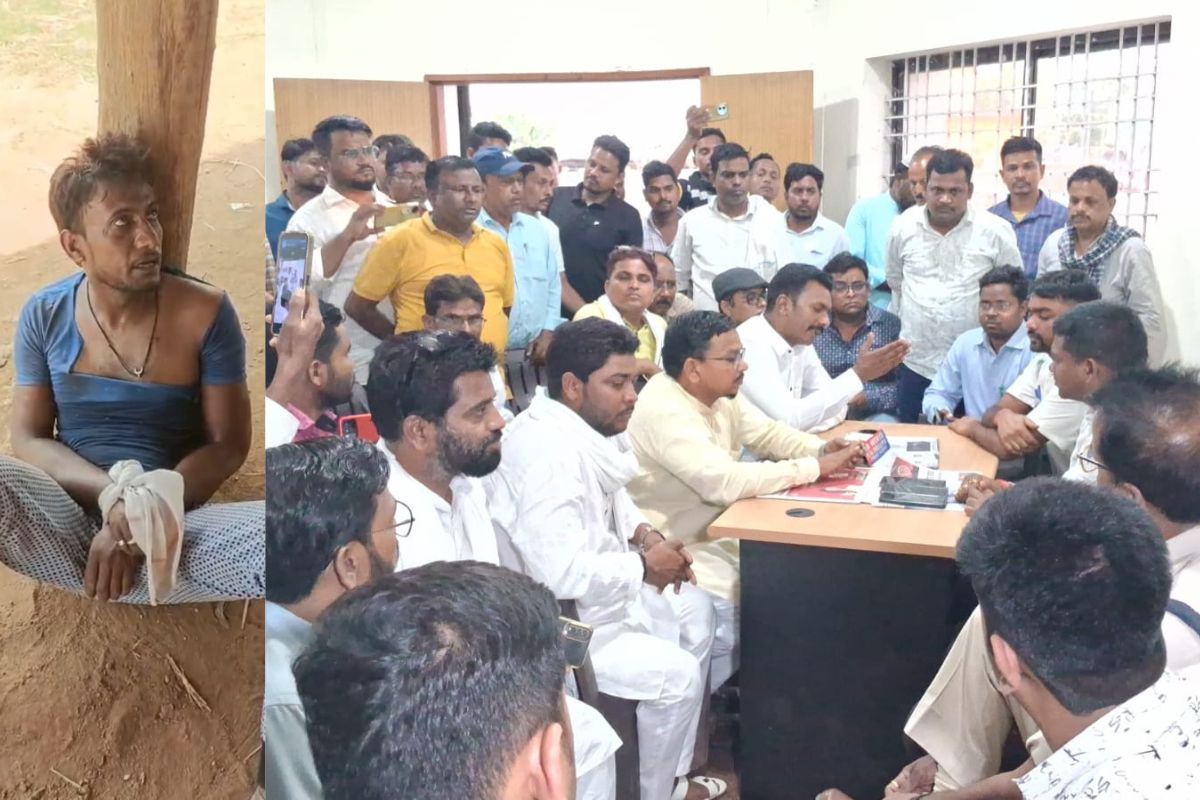
HINDUS for Human Rights is a United States-based non-profit advocacy group founded in the summer of 2019 in the wake of Narendra Modi’s re-election as Prime Minister of India. The organisation’s stated aim is to support pluralism, civil rights and human rights in South Asia and North America, and to focus on providing a Hindu voice of resistance against caste, Hindutva, racism and other forms of bigotry and oppression.
In May 2021, the Hindu American Foundation (‘HAF’) filed a defamation lawsuit against Hindus for Human Rights co-founders Sunita Viswanath and Raju Rajagopal, Federation of Indian American Christian Organizations of North America chairman John Prabhudoss, Indian American Muslim Council executive director Rasheed Ahmed, and Rutgers University professor Audrey Truschke for two articles published in Al Jazeera.
The articles, carrying quotes from the defendants, had claimed that HAF and four other United States-based organisations, namely Vishwa Hindu Parishad America, Ekal Vidyalaya Foundation of USA, Infinity Foundation and Sewa International, with “ties to Hindu supremacist and religious groups”, had received COVID-19 relief funding to the tune of US $833,000 from the United States federal government’s Small Business Administration.
The suit had prompted more than 300 prominent writers, academics and scholars to stand in solidarity with Hindus for Human Rights. Recently, a United States court dismissed the suit.
In this exclusive interview, Viswanath talks in detail about the lawsuit and the need for and basis of opposition to HAF and similar organisations.
First of all, tell us about the lawsuit filed against Hindus for Human Rights?
In the recently dismissed defamation lawsuit against my co-founder Raju Rajagopal, three other activists, and me, the Hindu American Foundation claimed that my statements to Al Jazeera on April 2, 2021 were defamatory.
Al Jazeera had encapsulated my reactions to an earlier report that several Hindu organisations had received federal COVID relief funds: “Any American non-profit that perpetuates Islamophobia and other forms of hate should not receive federal relief funds in any form… All these organisations are sympathetic to the Hindu supremacist ideology. Their parent organisations continue to spread hatred in Hindu communities towards Muslims and Christians.”
I stand by those statements.
It is still hard for me to comprehend how United States taxpayers’ money could have been so easily garnered by organisations whose leaders are on the one hand benefiting from America’s minority-friendly polity, but on the other hand are supporting the bigoted anti-minority politics of Prime Minister Modi in India.
But I am grateful that after nearly two-years of suspense, the United States District Court in D.C. has ruled that my statements to Al Jazeera were not defamatory, “…HAF fails to plausibly plead that any statement made by any defendant is verifiably false. Most of the statements are clearly statements of opinion.”
So that would seem like ‘case closed’?
Not for the HAF. In further evidence of its bad-faith actions, the HAF misquoted a footnote in the judgement (page 27) to falsely claim that the judge had ruled that I had lied.
The judge made no such determination. He was merely observing that my reference to “parent organisations” could possibly be proven true or false had the lawsuit moved forward, which would have given me a chance to make my case. I did not get that chance, as the judge dismissed the lawsuit for lack of personal jurisdiction over me, and HAF’s failure to provide any evidence to prove that my statements were either false, or were made with malice, or were the result of a conspiracy.
What had riled up the HAF to bring a precipitate lawsuit against you in the first place?
The HAF was very touchy about my use of the phrase “parent organisations”. It goes out of its way to deny its roots in and its ideological connections with Hindu supremacist organisations.
This is not because the founders of HAF have realised the error of their ways in supporting the violent Hindutva ideology and are now exclusively focused on defending the rights of Hindu minorities in the diaspora.
Instead, it seems to me that it is a case of the HAF wanting to have its cake and eat it too: It needs the financial backing of major Hindutva supporters, but at the same time, in order to stand congressional and public scrutiny, it needs to perpetuate the myth that it is “politically agnostic and non-partisan” with no connections to Hindu supremacists.
Perhaps this predicament explains HAF’s decision to pursue expensive litigation to obscure its genesis and ideology, and to portray the judgement as a victory of sorts to justify to its donors that their money had not been wasted on a frivolous lawsuit.
When you say ‘parent organisation’, what do you mean exactly?
In the first place, I never claimed that there were any formal organisational or financial links between the five organisations named by Al Jazeera and India-based Hindu supremacist organisations. But certainly, the HAF’s primary financial backers — at least what can be inferred from publicly available sources — have been shown in several reports to be overwhelmingly from other American Sangh organisations, most of whom have self-attested ties to the Sangh Parivar in India.
The HAF is desperate to publicly distance itself from its roots in the Hindutva eco-system despite its continuing fidelity to Hindu supremacist ideology.
Nonetheless, I used the word “parent” in the sense that the Rashtriya Swayamsevak Sangh (‘RSS’) and its various affiliates in India are the fountainhead of Hindu supremacist (Hindutva) ideology, which has spawned numerous Hindu organisations in India and across the world, including some of the organisations named by Al Jazeera.
This story was originally published in theleaflet.in . Read the full story here






